
3 minutes
MONITORING SOCIAL MEDIA DURING ELECTIONS
Too often we heard about problems in social media discourse during elections when it was too late. Democracy Reporting International, in cooperation with MEMO 98, has been implementing a Civitates-funded project which seeks to significantly step up a real-time understanding of social media dynamics by providing a toolkit for social media monitoring in elections which is to be offered to observer organizations across the EU and beyond. The project will build on the guide developed by DRI’s research coordinator Rafael Goldzweig and Executive Director Michael Meyer-Resende, with the input of 20 experts from around the world, including MEMO 98's Rasťo Kužel, under the “Supporting Democracy” program, an EU-funded initiative. The guide helps readers understand how these challenges are affecting democracies and sets out how to monitor these phenomena to create a better understanding and to make that discourse more transparent. It provides a framework to establish monitoring activities, how to produce evidence to help counter threats to democratic discourse and strategies to help shape better regulation.
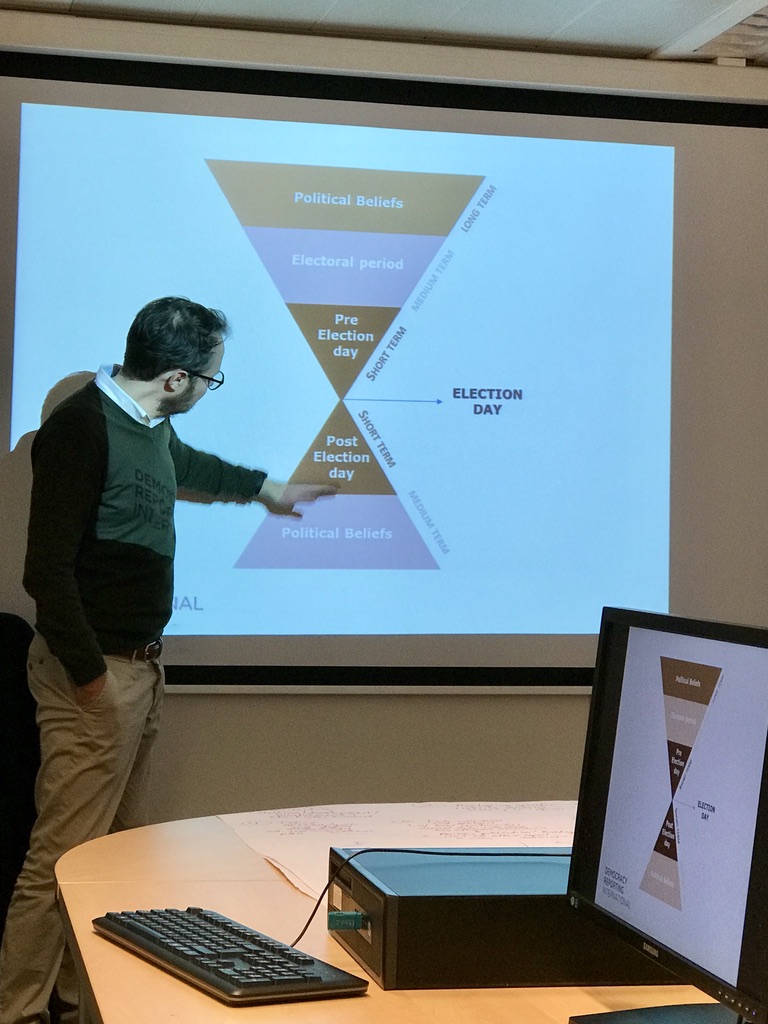
The toolkit for social media monitoring will provide tools and up-to-date information to monitor the influence of social media during elections, including a checklist for systematic monitoring of social media in elections, providing the basis for responsive advocacy and long-term advocacy for better regulation. Our vision is that within two years, more rigorous and systematic monitoring of social media in elections is established, grounded in the tried-and-tested methodological framework of election observation (which needs to be expanded and adapted for this purpose). The monitoring of social media on that basis would mark significant progress in many aspects: First, it would add to the transparency of elections; second, an established methodology would increase the credibility of findings over time; third, a systematic real-time monitoring of social media opens the possibility for interventions (alerting platforms, the government, election, and media regulators or the public to problems), fifth, a tested and agreed methodology would create a quality benchmark in an area where some efforts are superficial and more ‘for show’ than credible findings; lastly, we would benefit from having more significant evidence to advocate for regulation or other policy solutions.
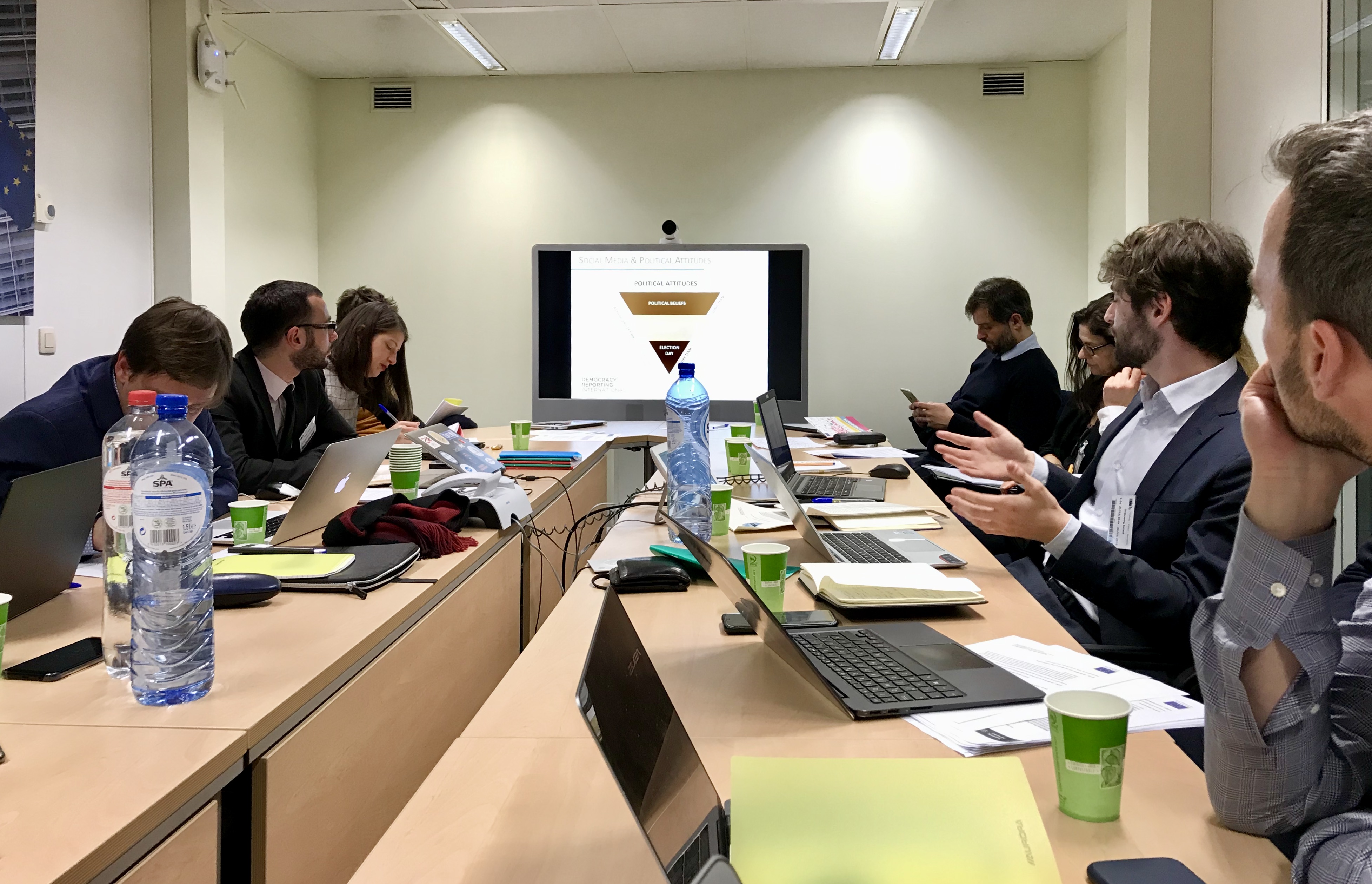
Five CSOs/Research organizations will perform a SOCIAL MEDIA RISK ANALYSIS to assess the threats surrounding their respective upcoming elections and TEST THE TOOLKIT, issuing reports containing their findings on the role of social media during the electoral process. The monitoring has been conducted in Austria, Portugal, Poland and will be also carried out in Croatia and Romania.
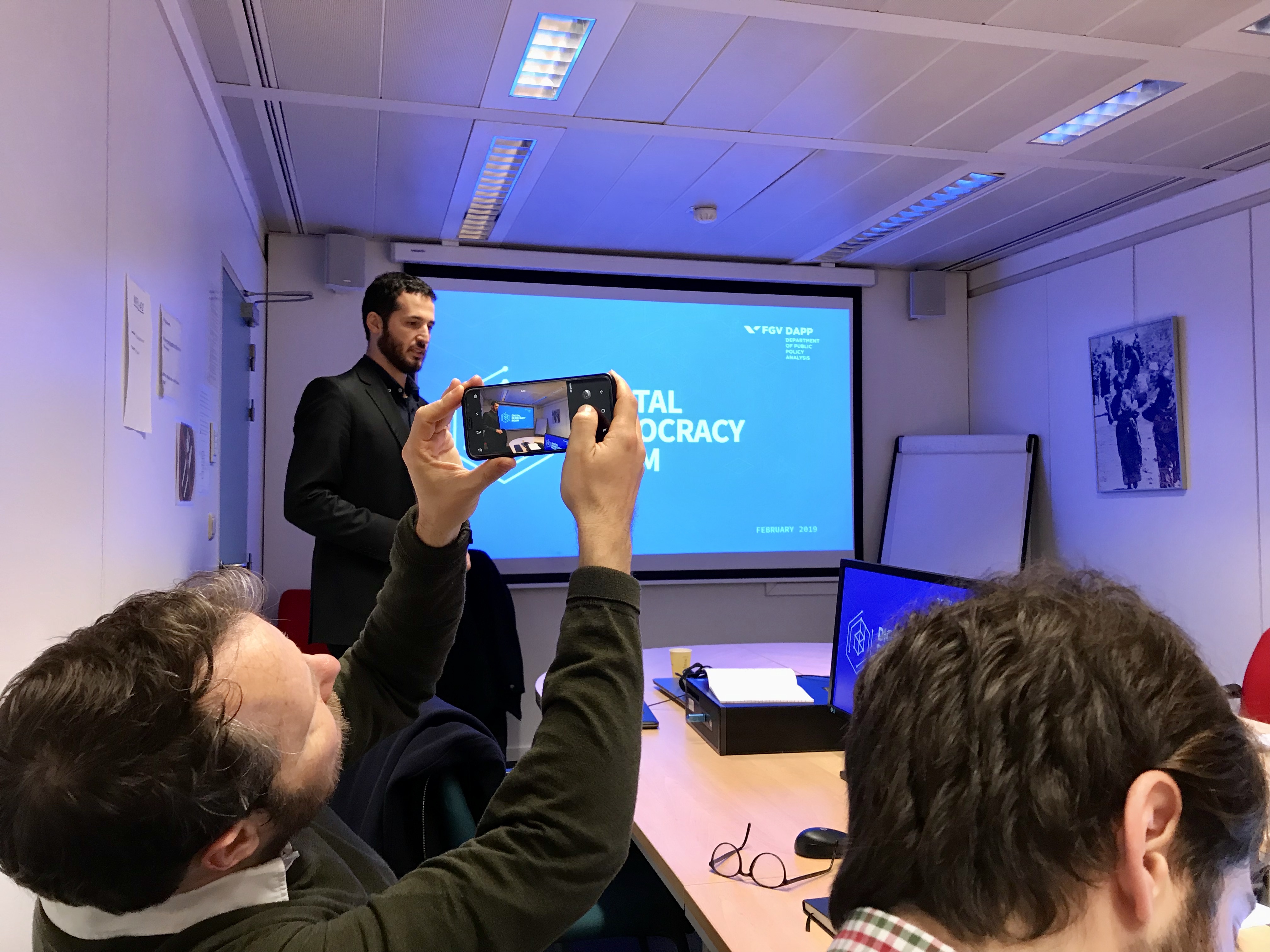
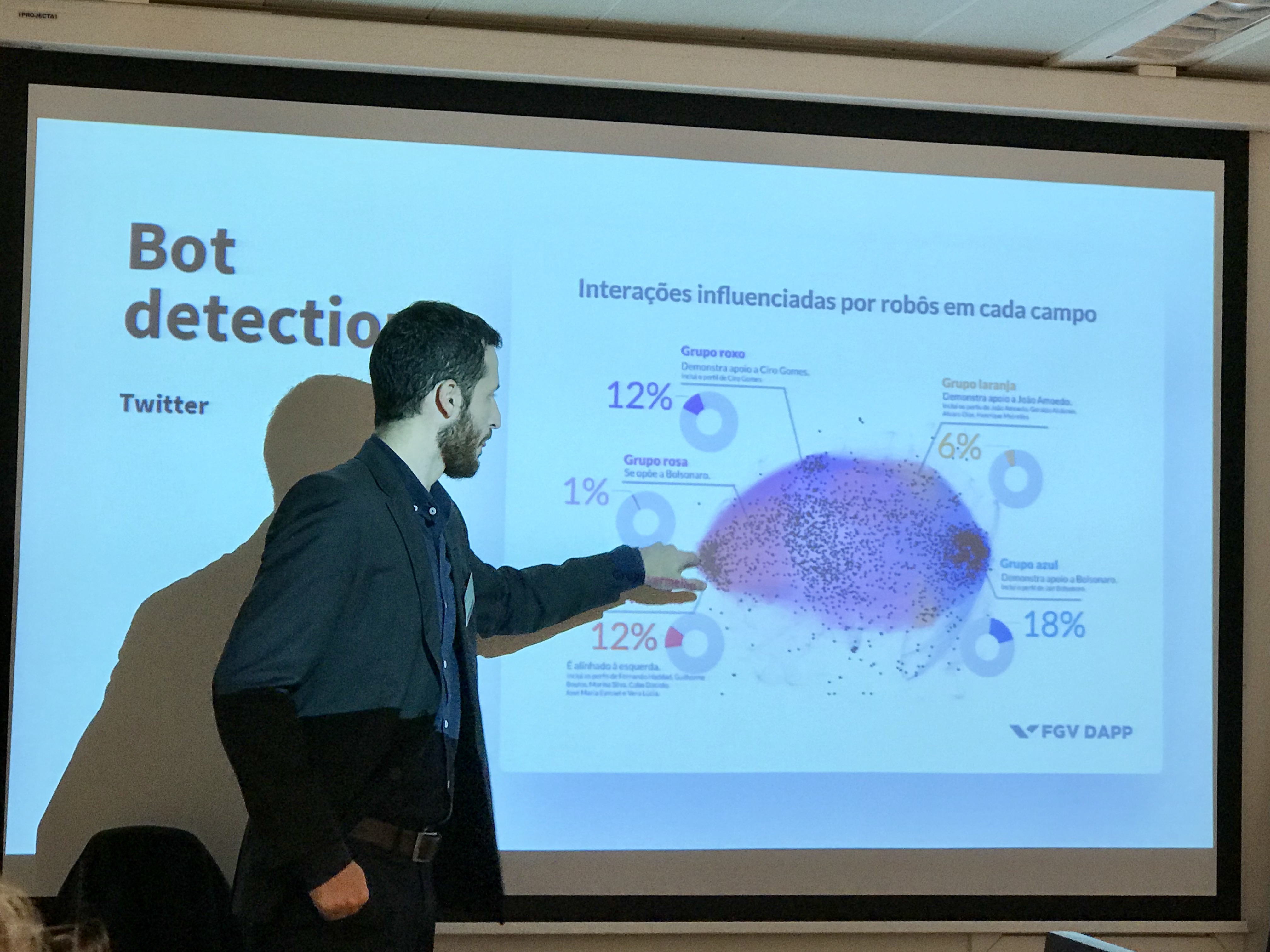
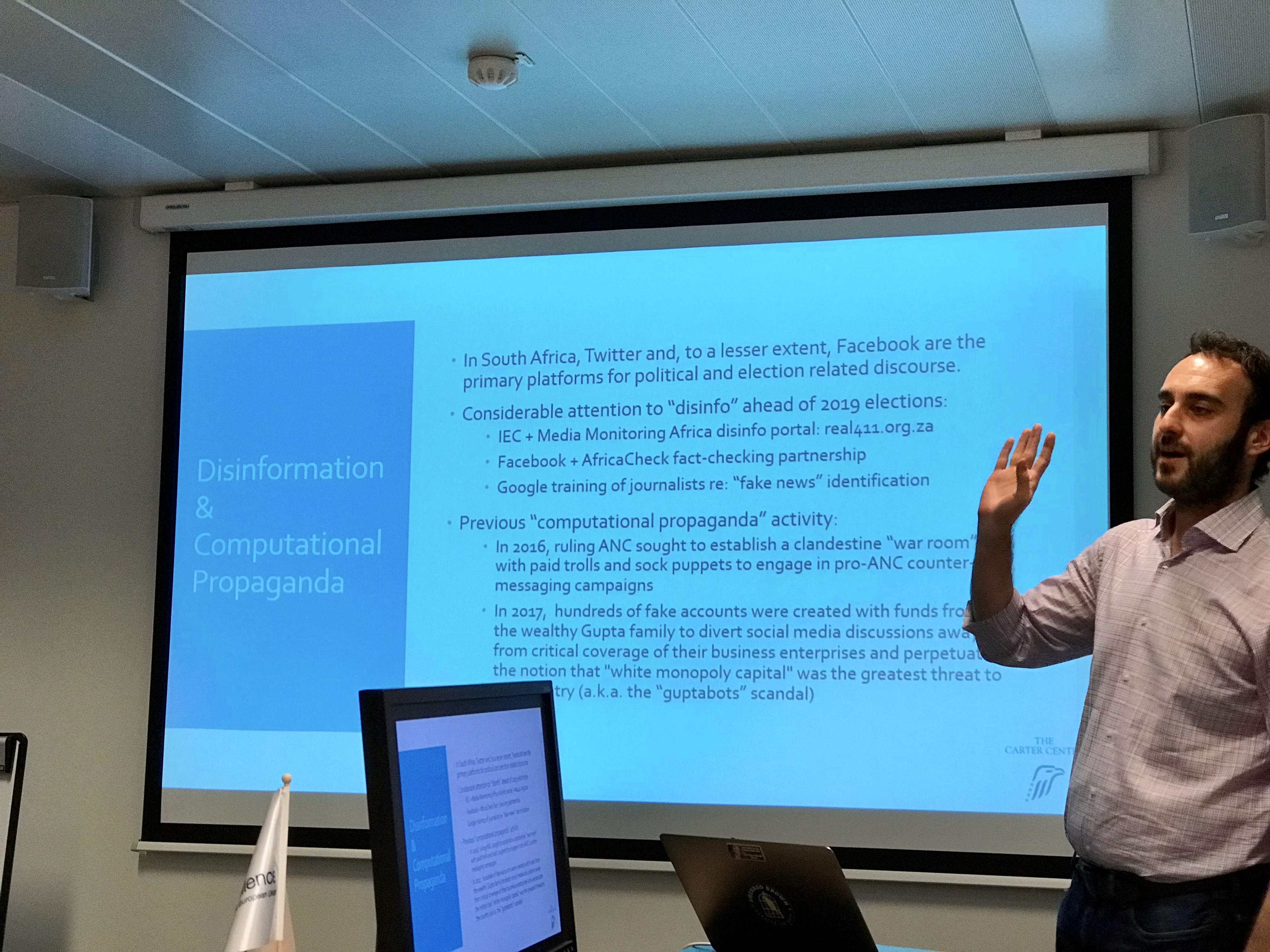
The guide in pdf is available here: social-media-def